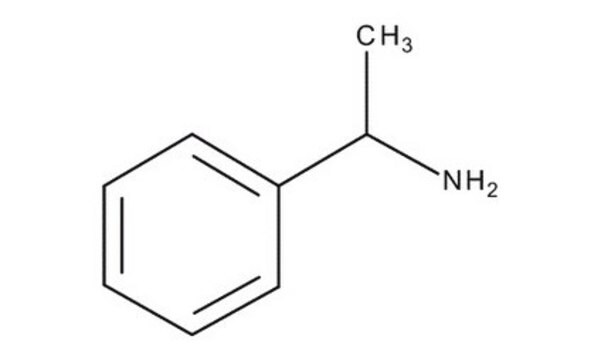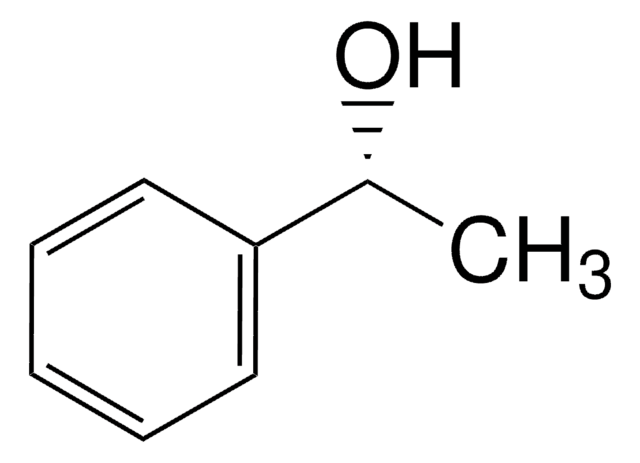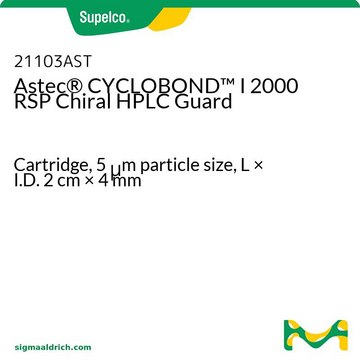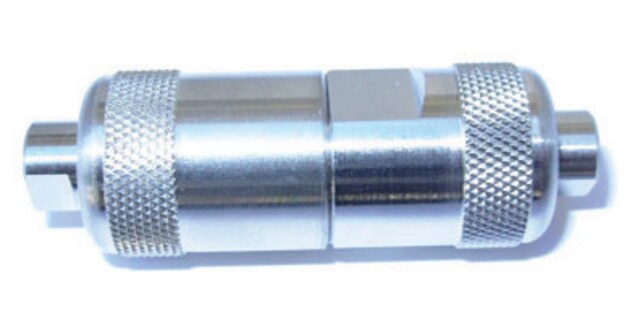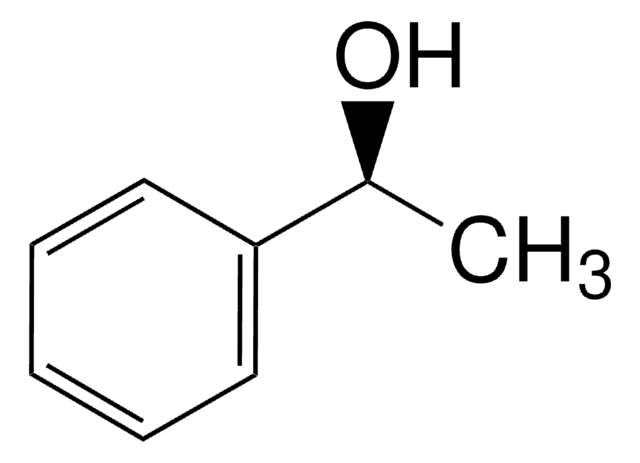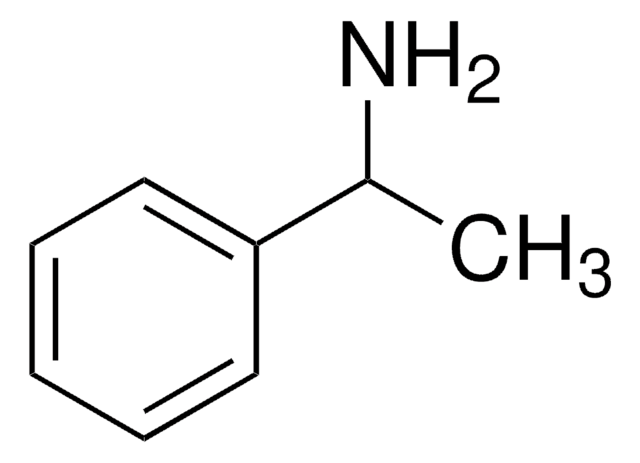24023AST
Astec® CYCLOBOND I 2000 HP-RSP Chiral (5 μm) HPLC Columns
L × I.D. 15 cm × 4.6 mm, HPLC Column
About This Item
Empfohlene Produkte
product name
Astec® Cyclobond I 2000 HP-RSP Chiral HPLC Column, 5 μm particle size, L × I.D. 15 cm × 4.6 mm
Materialien
stainless steel column
Qualitätsniveau
Produktlinie
Astec®
Verpackung
pkg of 1 ea
Hersteller/Markenname
Astec®
Parameter
0-50 °C temperature
172 bar pressure (2500 psi)
Methode(n)
HPLC: suitable
LC/MS: suitable
L × ID
15 cm × 4.6 mm
Matrix
silica particle platform
fully porous particle
Aktive Matrixgruppe
cyclodextrin, beta- phase
Partikelgröße
5 μm
Porengröße
100 Å
Betriebs-pH-Wert
3.5-7
Trenntechnik
chiral
Suchen Sie nach ähnlichen Produkten? Aufrufen Leitfaden zum Produktvergleich
Verwandte Kategorien
Allgemeine Beschreibung
- Bonded phase: (R,S)-Hydroxypropyl modified β-cyclodextrin (high performance)
Rechtliche Hinweise
Hier finden Sie alle aktuellen Versionen:
Besitzen Sie dieses Produkt bereits?
In der Dokumentenbibliothek finden Sie die Dokumentation zu den Produkten, die Sie kürzlich erworben haben.
Verwandter Inhalt
CYCLOBOND is the name given to Astec technology for bonding cyclodextrins to a high purity silica gel through a stable ether linkage.
Unser Team von Wissenschaftlern verfügt über Erfahrung in allen Forschungsbereichen einschließlich Life Science, Materialwissenschaften, chemischer Synthese, Chromatographie, Analytik und vielen mehr..
Setzen Sie sich mit dem technischen Dienst in Verbindung.
